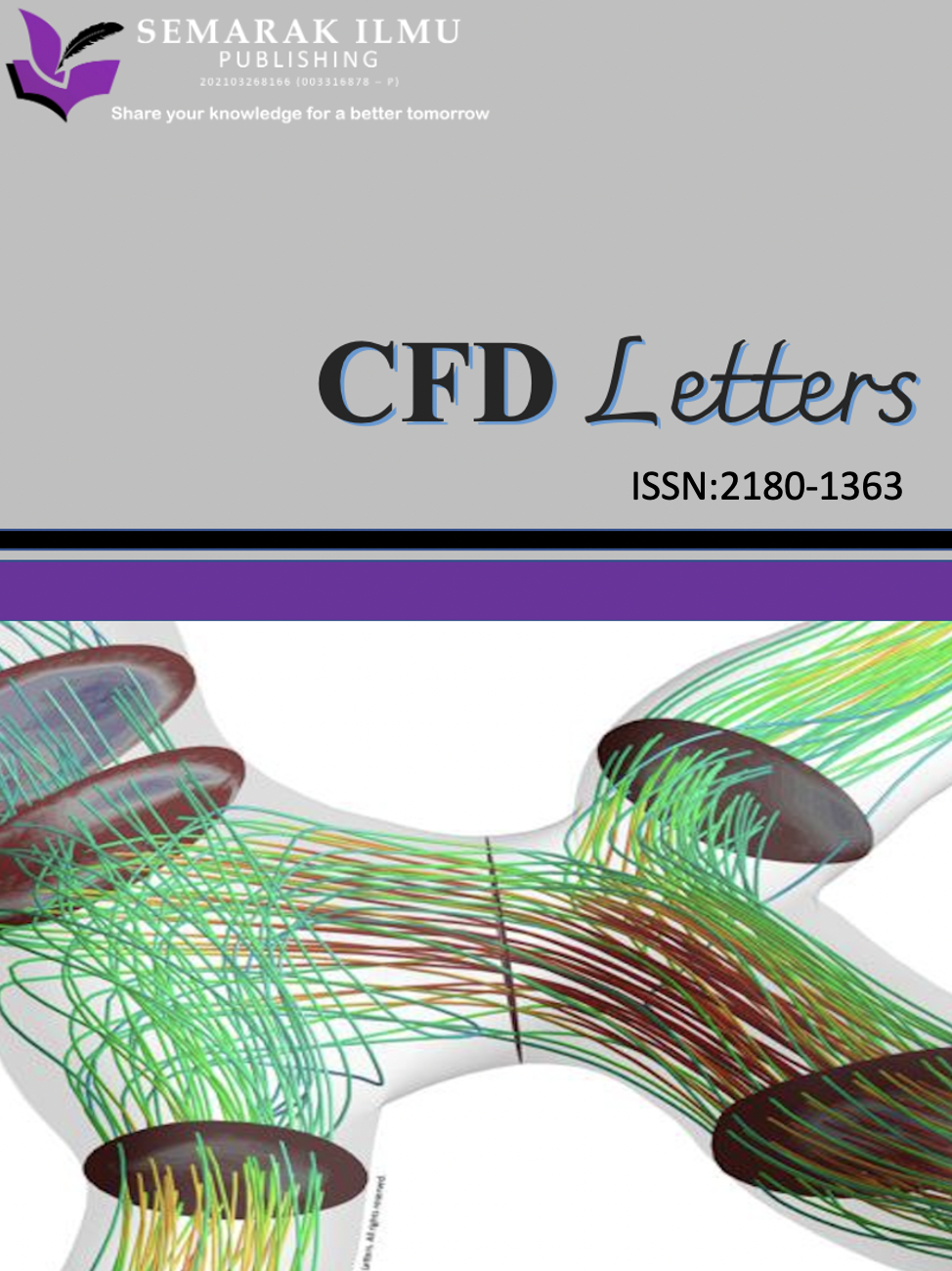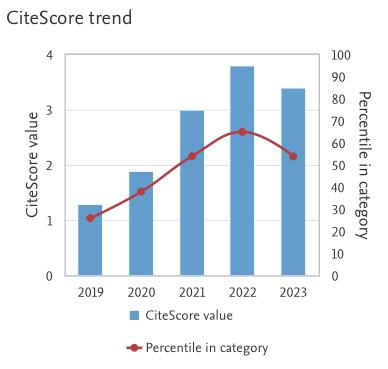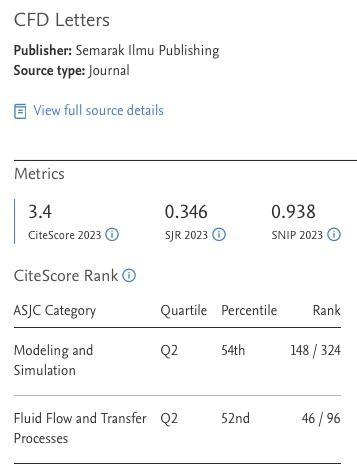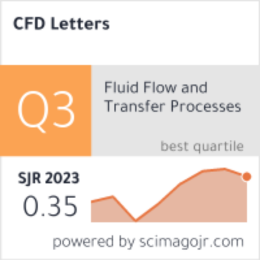CFD Prediction of B-Series Propeller Performance in Open Water
Keywords:
CFD, Blade numbers, Efficiency, Propeller, Thrust coefficientAbstract
In presence of hydrodynamics interactions between propeller and velocity fields, it
may lead to inaccurate prediction of the propeller's quantities such as thrust, torque,
and its efficiency. This paper presents a Computational Fluid Dynamics (CFD)
simulation approach to predict the thrust (KT), torque (KQ) and efficiency (η)
coefficients in open-water condition. The scale model of propeller with various blade
numbers (Z) have been appropriately taken into account within the range of advance
number 0.1≤J≤1.05. Here, B-series model propeller has been employed in
computational simulation. In general, the results revealed that the subsequent
increase of blade numbers has been proportional with the magnitude of KT and KQ of
the propeller. However, it was inversely proportional to the propeller efficiency
coefficient (η); where the highest efficiency value was 89% occurred at Z=3. This CFD
simulation provides a preliminary prediction of the propeller characteristics.
Downloads























